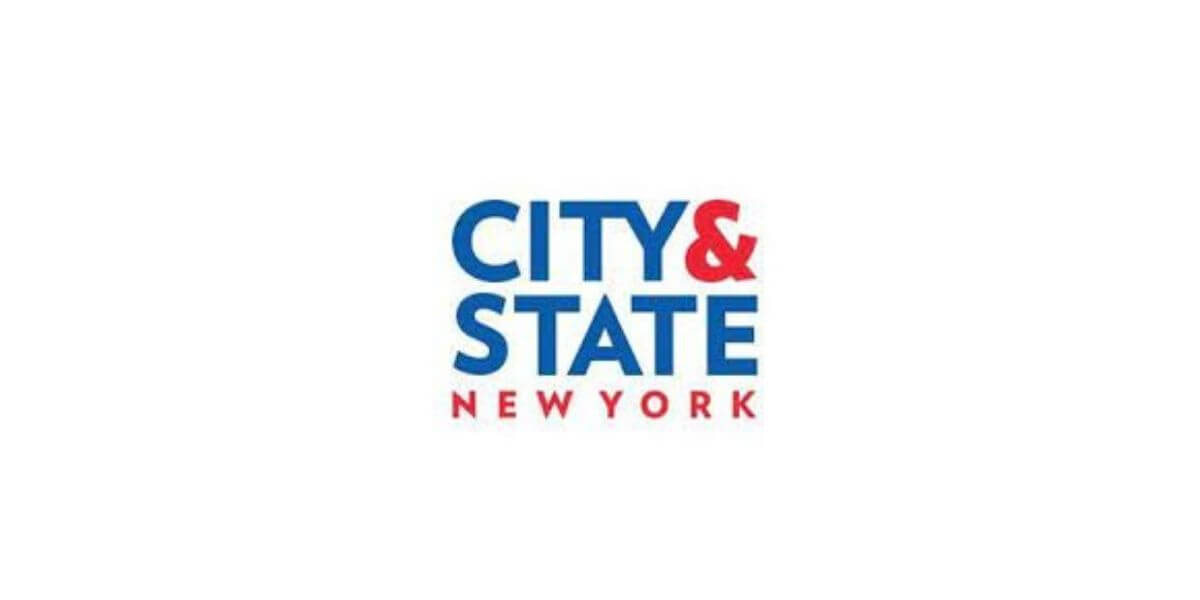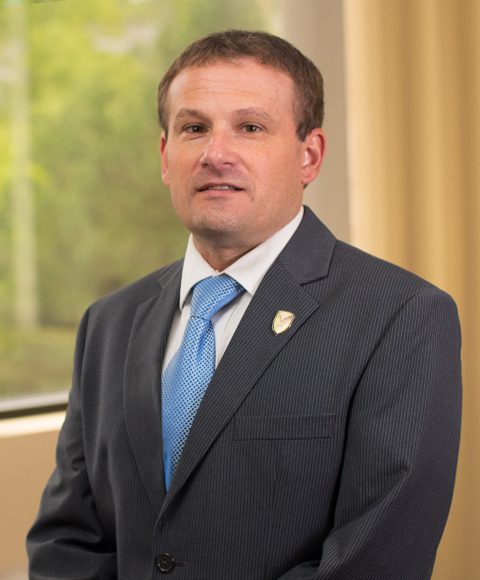Thirty-one years ago, the federal government made a promise to people living with disabilities: “Let the shameful wall of exclusion finally come tumbling down,” President George H. W. Bush said on July 26, 1990 as he signed the Americans with Disabilities Act into law. The landmark civil rights law mandated many groundbreaking things, like requiring restaurants and stores to install wheelchair ramps and a new requirement that employers make reasonable accommodations for workers who have certain physical and mental conditions. A 2009 bill signed into law by George W. Bush expanded the definition of disabled, and this has new significance as the coronavirus pandemic continues.
COVID-19 has infected more than 2 million New Yorkers and killed more than 50,000 of them. It has also created a new class of disabilities for so-called “long-haulers,” people who experience debilitating chronic symptoms after recovering from COVID-19. Scientific American warned of a coming “tsunami” of long COVID-related claims. “Some people have trouble breathing problems long after they have left hospitals,” reads a May 2021 study published in the scientific journal Nature. “Others lose their sense of smell or have trouble thinking clearly. Some people with COVID-19 experience strokes or become diabetic. Weeks of treatment in intensive care can mean that a person never returns to their former health because of damage to the brain, heart or lungs, for example.” About 1 in 5 COVID-19 patients leave hospitals with a new disability, according to the study.
All of the long-term effects of COVID-19 remain unknown, and a new class of people living with disabilities could number in the tens of thousands. Many of them will have to lean on the legal protections enshrined in the 31-year-old Americans with Disabilities Act to maintain their employment in the coming decades.
There is no comprehensive list of what does and does not qualify as a disability under the ADA, but legal experts said that it undoubtedly applies to many of the conditions associated with COVID-19 even before the July 26 announcement by President Joe Biden that the federal government would recognize long-term COVID-19 as a disability. “It’s clearly protected by the ADA as being a physical or mental impairment that substantially limits a major life activity for that individual,” said Greg Rinckey, a founding partner at the international law firm Tully Rinckey, which specializes in employment law. “So I think most employers are going to be counseled by their lawyers to err on the side of caution, and to try and reasonably accommodate these COVID long-haulers.”
Their workplace needs have taken on a variety of forms across the thousands of “failure to accommodate” cases his firm has already dealt with. Some workers might request that they be allowed to work from home to avoid the exertion of commutes or the potential risks of reinfection. Other people might have physical symptoms that affect their ability to do physical labor. A police officer who wants to shift to desk duty from walking a beat is one hypothetical example, according to Rinckey. Employers could opt to put workers on unpaid leave under the 1993 Family and Medical Leave Act (they could qualify for unemployment benefits) in situations where a worker is unable to perform a job – such as if a truck driver were suffering from the brain fog caused by COVID-19.
Employers are allowed to eventually terminate employees whose conditions they cannot accommodate under reasonable circumstances. Employers are barred by the ADA from asking prospective employees about potential disabilities, though they can require details if a person requests special accommodations, according to Rinckey.
Just how many people will require accommodations in the future is a big unknown in determining the totality of damage wrought by COVID-19. “As we count the devastating losses from COVID-19 – of loved ones, jobs, communities, security – the lasting loss of health must also be tallied,” reads the study in Nature. “Without the right metrics, we can see, understand and respond to only a fraction of the problem.” Legislation sponsored by state Sen. Brad Hoylman of Manhattan would require the state Department of Health to create a voluntary registry for people to report their long-term COVID-19 symptoms. A spokesperson for the department declined to comment on the proposal and did not respond to questions whether the department is tracking the long-term effects of the disease.
At the personal level, COVID-19 can upend lives even without leaving people permanently disabled. Former New York City Council Member Costa Constantinides needed months to recover his cognitive skills after getting discharged from the hospital. “My son would be talking to me … and I wouldn’t be able to answer him because I wasn’t sure what he was saying,” he said in an interview. More than a year after first getting infected, he has mostly recovered from the disease, though he knows plenty of other people who are not so lucky. “There’s so many people who are still sick,” he added. Some of them will recover enough to eventually return to work, though many among them will require some form of accommodation. This is just one example of how a disaster like COVID-19 can lead to all sorts of unexpected side effects.
Past wars and pandemics highlight how they can plague society decades after they draw first blood. The Civil War helped create a generation of morphine addicts. Six decades of heart disease followed the 1918 influenza pandemic. Two world wars left millions of people suffering from the myriad effects of “shell shock” – a condition now known as post-traumatic stress disorder. Long COVID-19 is leaving behind similar devastation, according to Rebecca Vallas, a senior fellow at The Century Foundation and a former disability lawyer. “COVID long-haulers represent the largest influx of new entrants to the disability community in modern history,” she told Time magazine.




